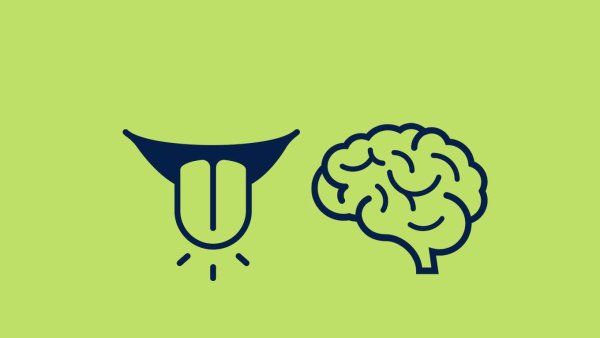
Robin Marks
Senior Public Information Representative

Robin covers new discovery science, including biochemistry, biotechnology, diabetes, microbiome, neuroscience, pain, pathology and psychiatry.
Robin was a reporter for many years, working for various NPR stations around the U.S. and freelancing for Reuters and other news agencies abroad. She later spent 10 years as a writer and multimedia specialist for the Exploratorium, after which she expanded her freelance career to include designing science curricula, tutoring students, and developing science-themed walking tours. She holds degrees from the University of MN (Biochemistry), and University of WA (International Studies).
-

-
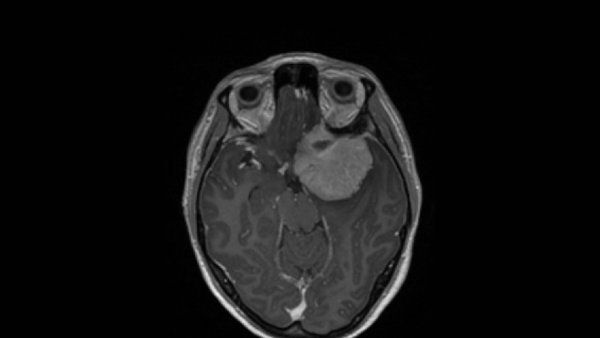
- Research
-
Can Gene Expression Predict if a Brain Tumor Is Likely to Grow Back?
-
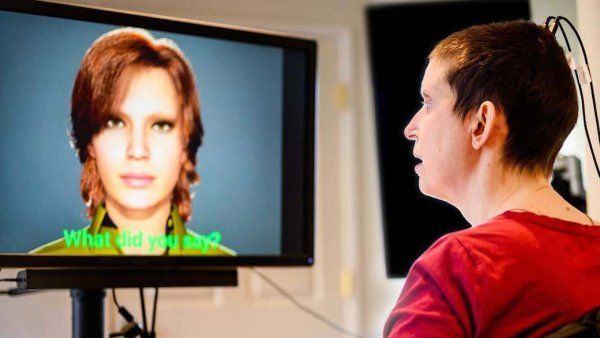
- Research
-
How Artificial Intelligence Gave a Paralyzed Woman Her Voice Back
-

- Research
-
Scientists Discover a Deadly Brain Cancer’s Hidden Weakness
-
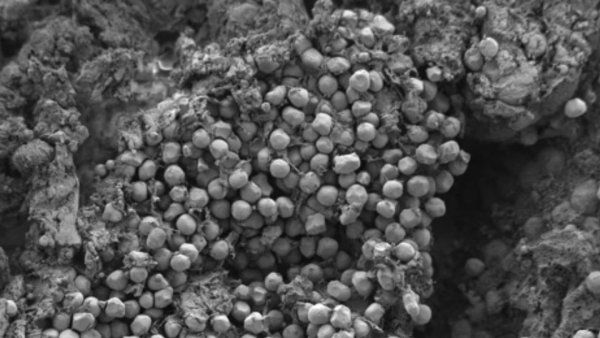
- Campus News
-
Editing Genes in the Microbiome to Prevent Disease
-
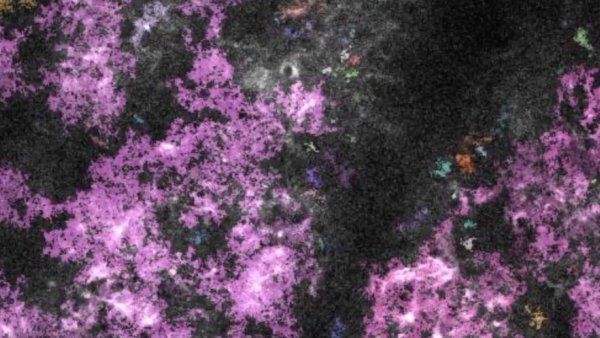
- Research
-
Overwhelmed? Your Astrocytes Can Help with That
-
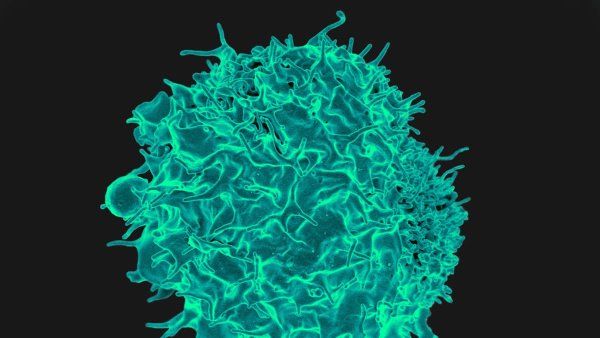
- Research
-
Can Lymph Nodes Boost the Success of Cancer Immunotherapy?
-
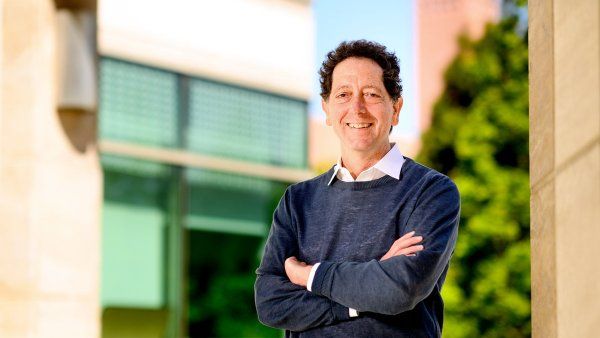
- Campus News
-
Science World Honors Kevan Shokat for High-Impact Cancer Research
-
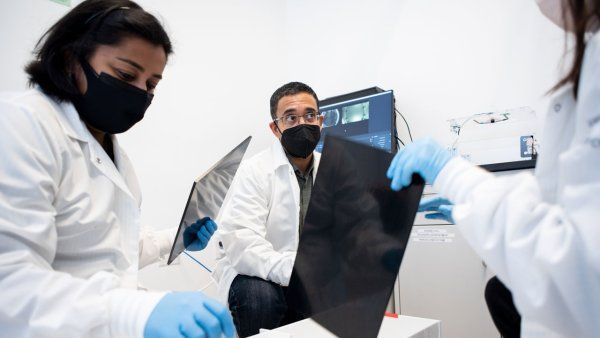
- Research
-
Fresh Questions About Oxytocin as the ‘Love Hormone’ Behind Pair Bonding